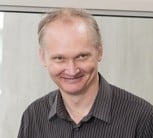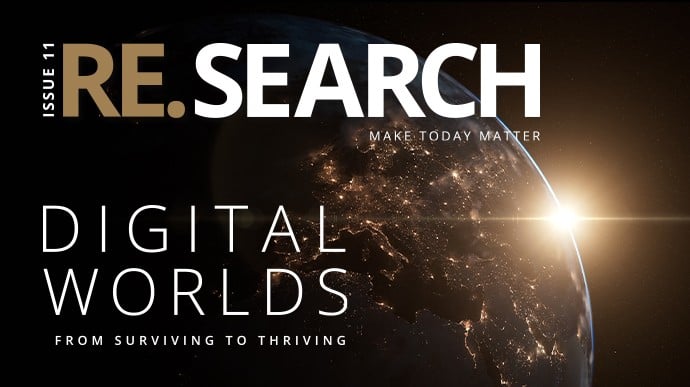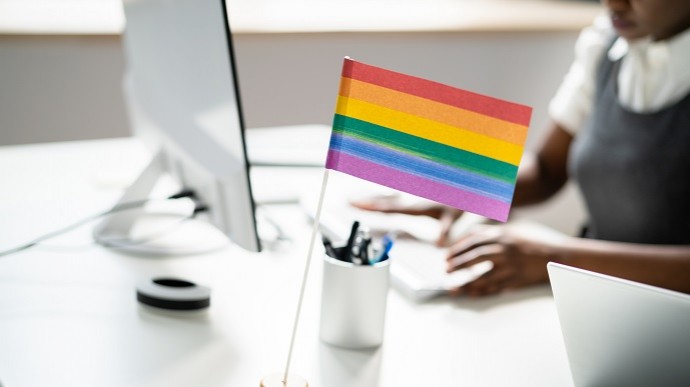Prof Magnus Killander, an international human rights and comparative constitutional law researcher at the University of Pretoria’s world-renowned Centre for Human Rights in the Faculty of Law, believes that South Africa needs to overhaul and re-look many of its municipal by laws which criminalize poverty, begging and homeless people.
Magnus Killander
March 18, 2020

 Story
Story
The latest issue of the University of Pretoria’s award-winning RE.SEARCH magazine is available now and reflects a shift towards both a fresher design and outlook. This edition is curated under the theme ‘Digital’, and offers a glimpse into some of the fascinating research we’re doing at UP to drive digital leadership and innovation.
 Story
Story
The articles in this edition showcase work from all nine of our faculties, and underscore our University’s slogan ‘Make today matter’. RE.SEARCH has been named South Africa's top corporate publication as the winner of the 2024 SA Publication's Forum Awards. It is a runner up and finalist in the Excellence category for Communication (runner up), Design and Photography (finalist) and the...
 Story
Story
A study by University of Pretoria (UP) researchers that investigated the effects of office gossip on black gay and lesbian South Africans has revealed the significant challenges faced by these individuals in South African workplaces.
Copyright © University of Pretoria 2025. All rights reserved.
Get Social With Us
Download the UP Mobile App